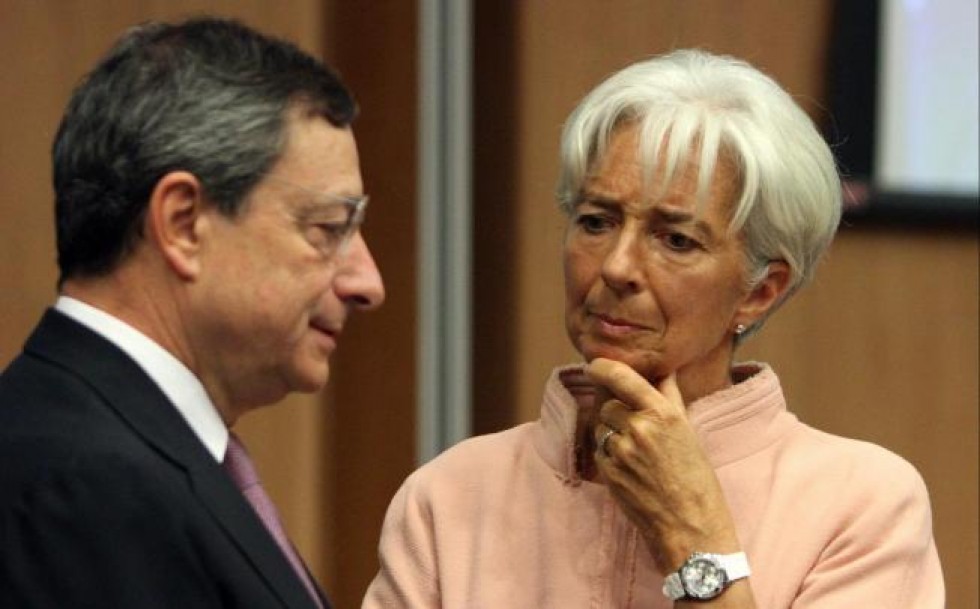Nigel Farage may be the only practical politician these days because he came from the trading sector. He explains the Euro-Project and its failures. He makes it clear that the Greek people never voted to enter the euro, and explains that it was forced upon them by Goldman Sachs and their politicians. Nigel also explains that the Euro project idea that a trade and economic union would then magically produce a political union – the United States of Europe and eliminate war.
He has warned that the idea of a political union would end European wars has actually turned Europe into a rising resentment in where there is now a new Berlin Wall emerging between Northern and Southern Europe.
The Euro project was a delusional dream for it was never designed to succeed but to cut corners all in hope of creating the United States of Europe to challenge the USA and dethrone the dollar, That dream has turned into a nightmare and will never raise Europe to that lofty goal of the financial capitol of the world.
The IMF acts as a member of the Troika, yet has no elected position whatsoever. The second unelected member is Mario Draghai of the ECB. Then the head of Europe is also unelected by the people. The entire government design is totally un-Democratic and therein lies the crisis. Not a single member of the Troika ever needs to worry about polls since they do not have to worry about elections. This is authoritarian government if we have ever seen one.
…click on the above link to read the rest of the article…












